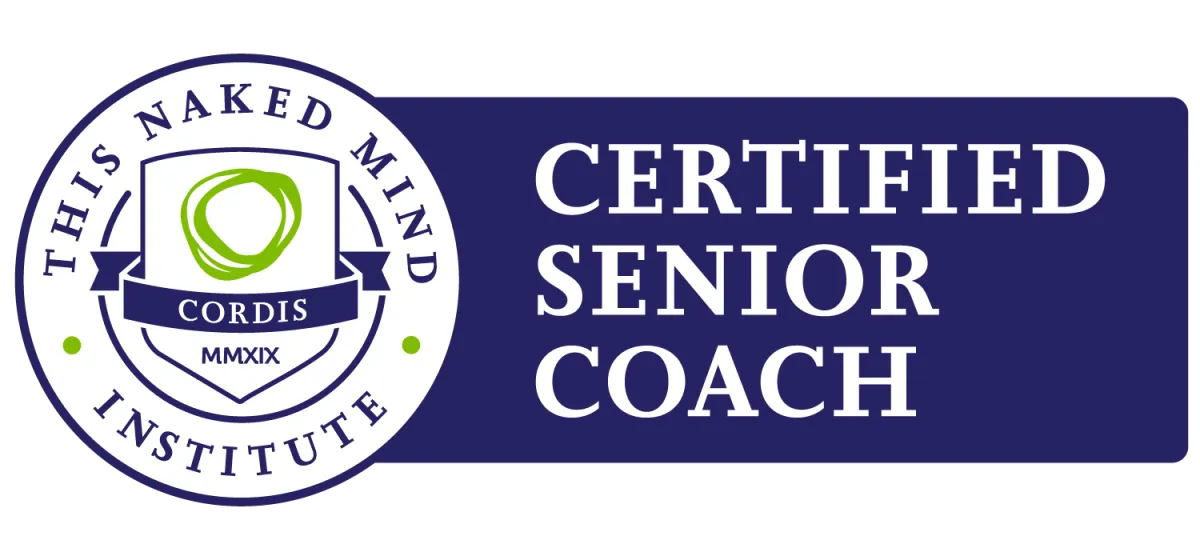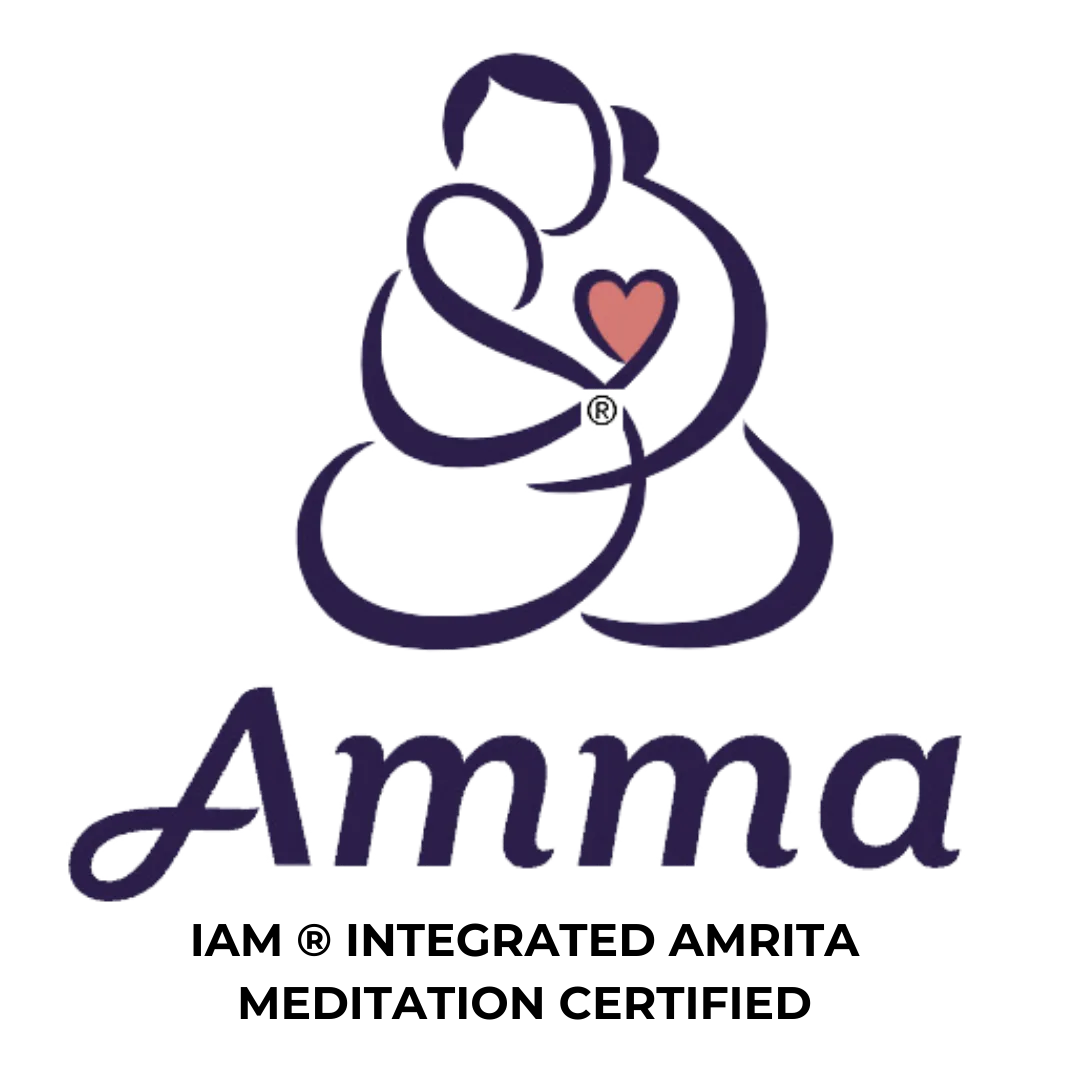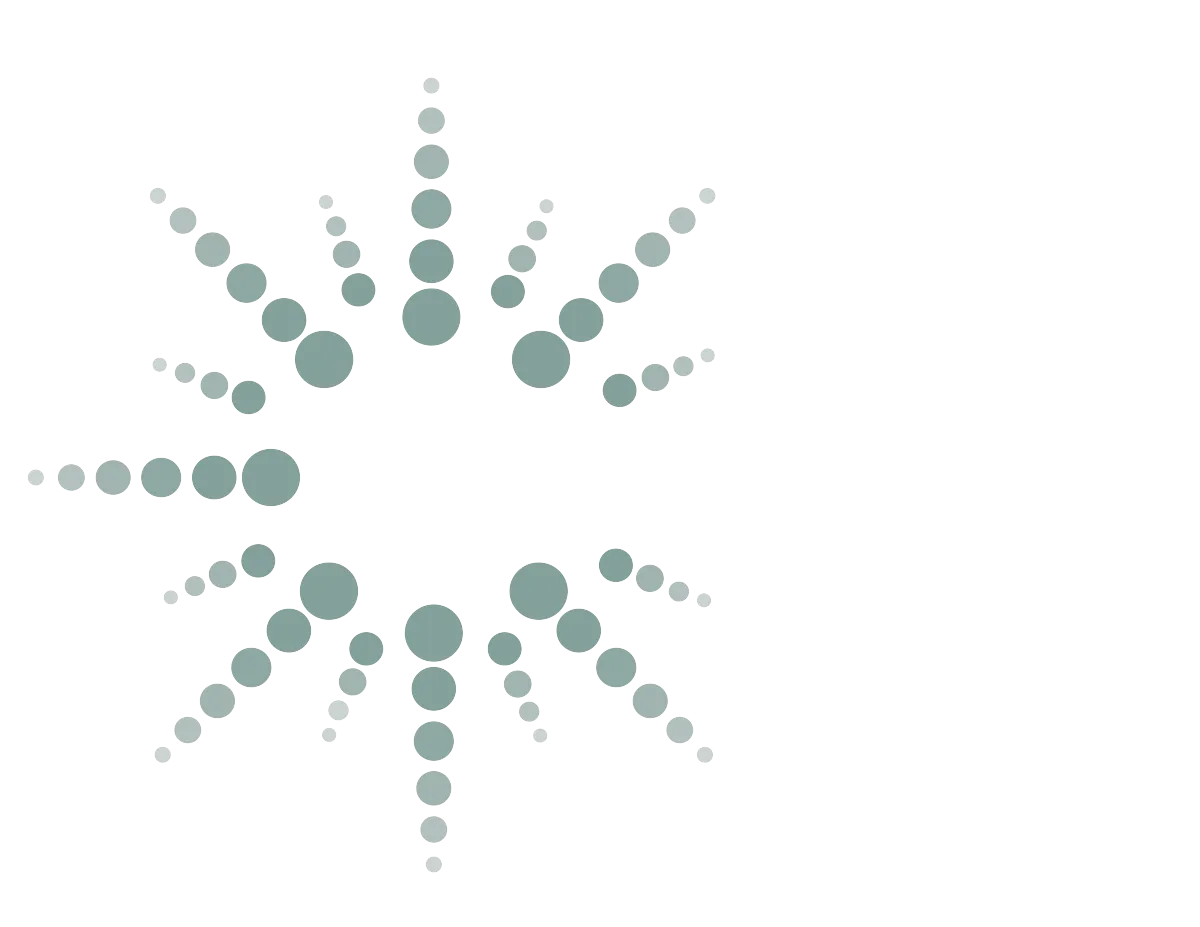
What I Wish I Knew About Alcohol (And Why Awareness Is Everything)
What I Wish I Knew About Alcohol (And Why Awareness Is Everything)
April is Alcohol Awareness Month—and I have a lot to say about it...
Because when I look back, I realize just how unaware I really was. Not because I wasn’t smart or curious or trying to be healthy—but because I was misled. We all were.
The alcohol industry—much like the tobacco industry decades ago—has done an absolutely brilliant job of shaping the narrative. We’ve been sold a story about alcohol: that it’s sophisticated, relaxing, good for your heart, a social must, a self-care ritual. And for decades, I bought into that story. I believed what I was told.
I believed red wine was heart-healthy. (Not to mention that it made my spaghetti and steak taste better.)
I believed drinking helped me manage stress.
I believed that as long as I wasn’t an alcoholic, I was fine.
Well, none of that is true.
We now know that no amount of alcohol is safe. According to the World Health Organization, alcohol is classified as a Group 1 carcinogen—the same category as tobacco and asbestos—and is directly linked to at least seven types of cancer, including breast, liver, colorectal, and esophageal cancers.
We now know that red wine doesn’t protect your heart—it increases your risk of cardiovascular diseases like hypertension and coronary artery disease. Other studies show that alcohol consumption at moderate levels adversely affects ones brain with negative outcomes including hippocampal atrophy, and a recently published January 2025 report put out by Interagency Coordinating Committee for the Prevention of Underage Drinking (ICCPUD) concluded that alcohol not only points to elevated cancer risks, but "at no age was there a significant net benefit of alcohol consumption on all-cause mortality."
The bottom line is we now know that alcohol increases your risk of cancer, disrupts sleep, hijacks your mood, and contributes to anxiety and depression. It’s highly addictive, even in moderate amounts. Alcohol stimulates dopamine in the brain, reinforcing cravings and habitual behavior, especially when used to relieve stress or unwind.
But that truth has only recently started surfacing in mainstream conversations—and not without resistance.
And my generation—Gen X—has been especially hard to reach.

We grew up with wine coolers, beer ads in every Super Bowl, and sitcom moms with a drink in hand. We weren’t taught to question alcohol. We were taught to moderate it. To make it work. And if we couldn’t, the problem was us—not the drug.
I call BS on that, but I also don’t blame anyone for defending their glass of wine. I did too, for a long time.
I defended it because it felt like my one escape.
I defended it because I didn’t want to imagine life without it.
I defended it because I didn’t realize how addicted I actually was—not in the rock-bottom way, but in the quiet, daily-dependence way. The way that slowly chips away at your energy, your self-trust, your clarity, your health.
And I didn’t realize how many of the things I was struggling with—like anxiety, exhaustion, brain fog, irritability, and that constant low-grade self-loathing—were being caused or worsened by alcohol. Not just "co-existing with it.”
Caused by it.
But I wasn’t aware.
And I certainly wasn’t offered that explanation by any doctor, wellness influencer, or health magazine.
Now, things are starting to shift. The next generation is becoming more vocal. The science is clearer. Dry January and sober-curious are entering the mainstream.
But there’s still a long way to go.
Because so many women in our age group are suffering quietly. They’re drinking more than they want to. They’re waking up at 3am every night. Even small amounts of alcohol can disrupt REM sleep, increase cortisol levels, and cause rebound wakefulness during the night—often around 3am.
They’re worried about their health. They’re wondering why they’re not thriving. And they’re being told everything but the truth: that alcohol might be the root cause.

That’s why Alcohol Awareness Month matters to me. Not because awareness is the end goal—but because it’s the starting point.
It was for me.
Once I really knew the truth, I couldn't un-know it. And that knowledge—paired with the right support—set me free.
If you’re starting to wonder about your own relationship with alcohol, know this:
You’re not broken. You’re not weak. You’ve just been given the wrong story.
You deserve to know the truth.
And you deserve to feel free.
Please subscribe to Insights, our weekly newsletter for updates about events and more tools and tips for finding AFreeLife!



Joy Stieglitz is a certified Wellness Coach who specializes in helping sandwich generation people change their relationship with alcohol and/or other unwanted habits to find true freedom and joy in their life. Alcohol Free since November 2019, Joy brings valuable insights into her practice. AFreeLife Coaching is a safe space where all are welcome to explore their desire for health, wellness, and personal growth regardless of where they are or want to go on their journey, and regardless of age, race, gender, sexual orientation, religious affiliation, or any other social construct.
© 2025 - AFreeLife - All Rights Reserved - Terms of Service - Privacy Policy

